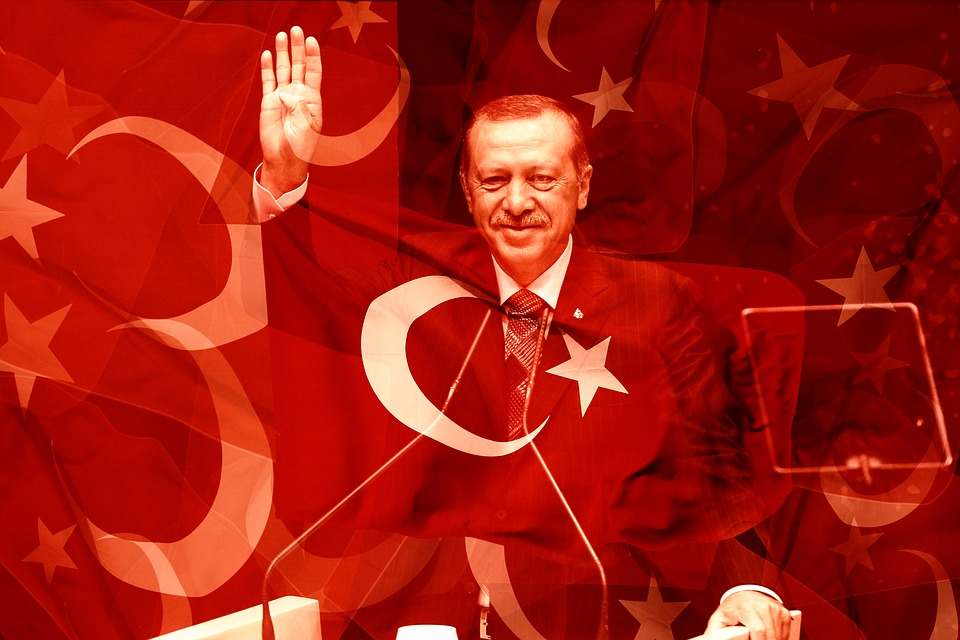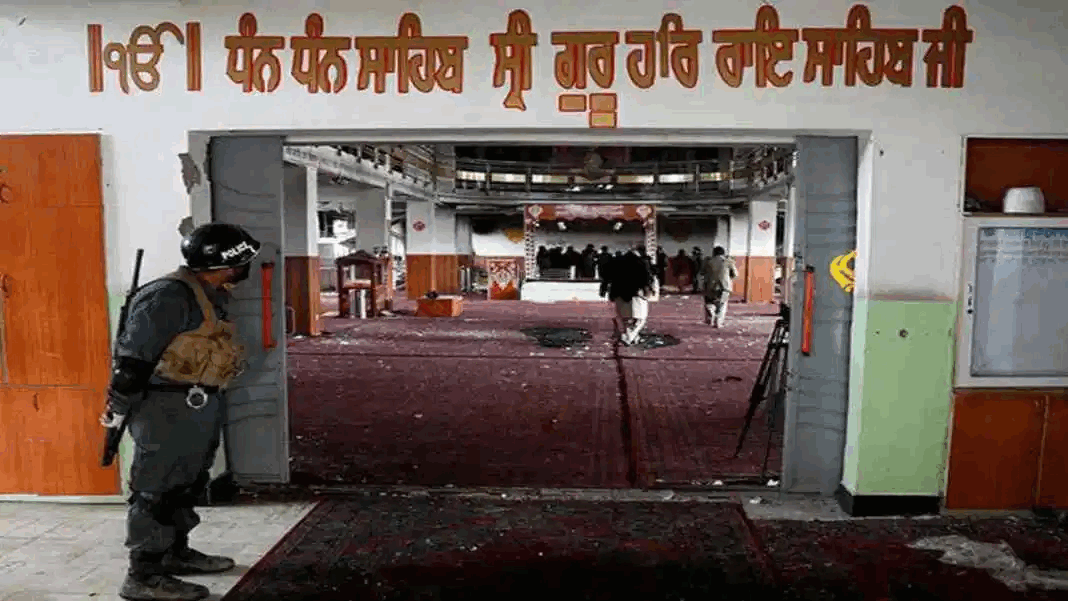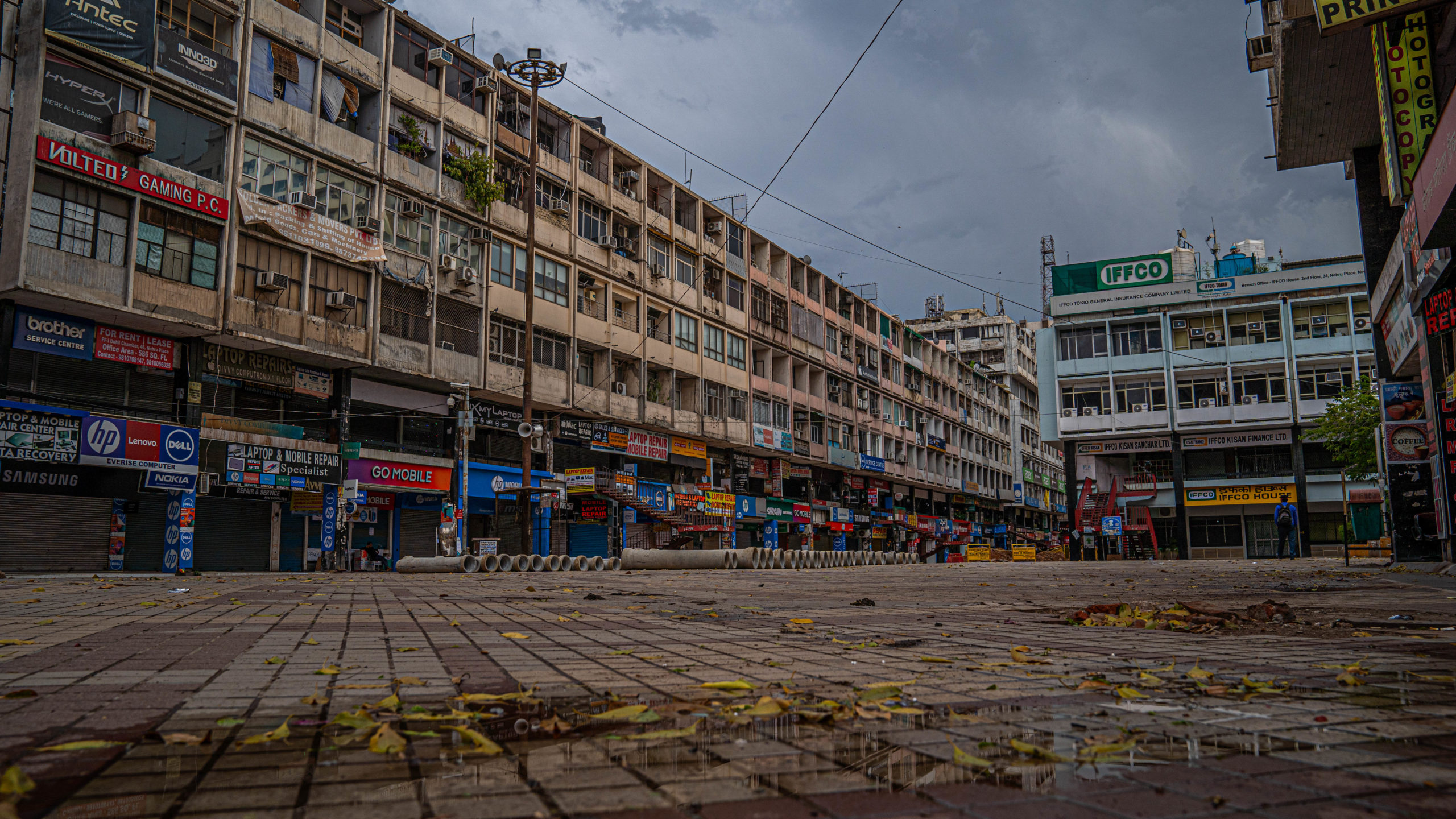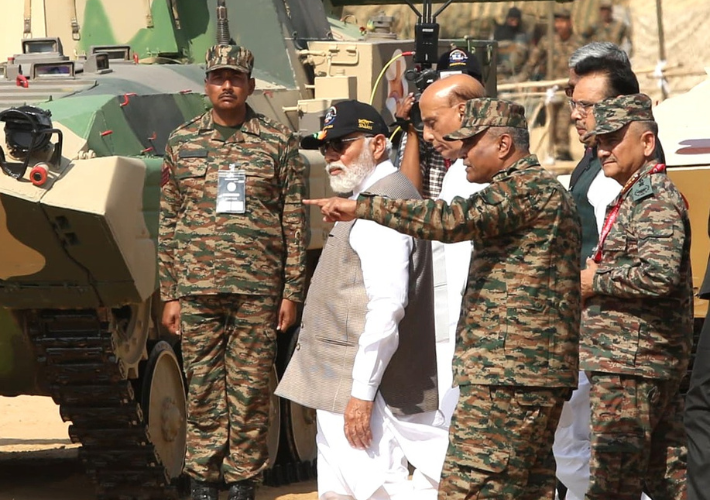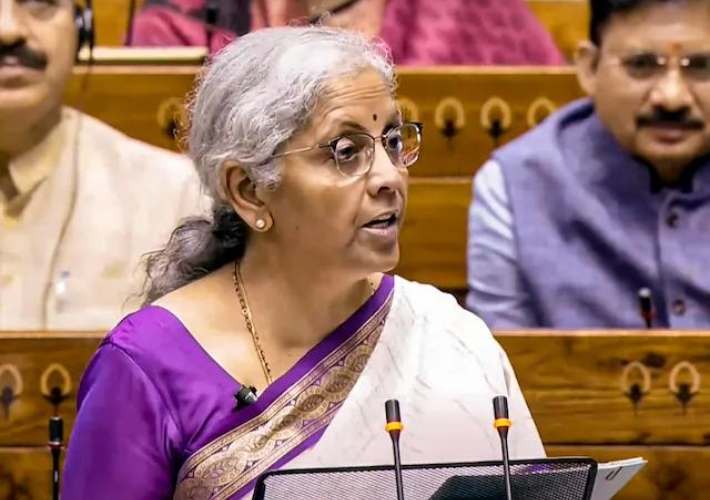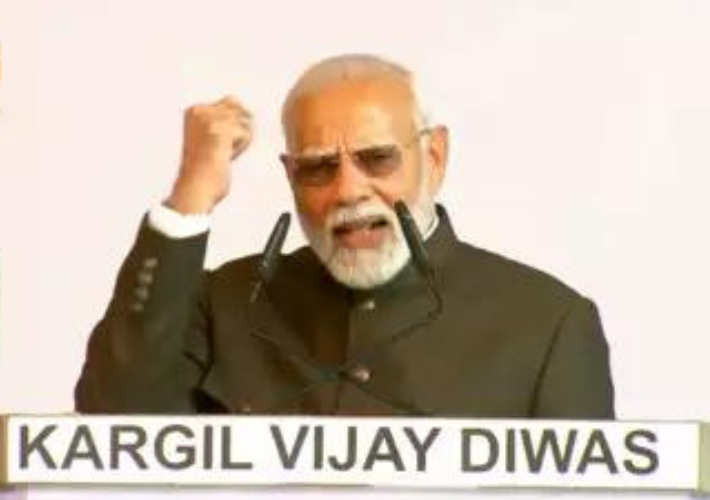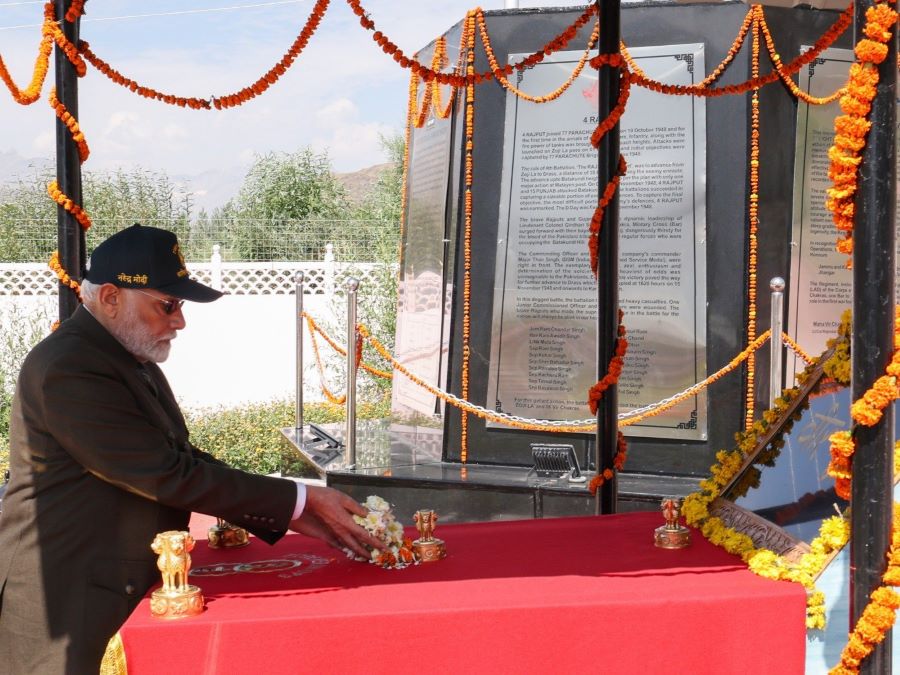Editor’s Note
Turkey is left with few friends, today. Somewhere along the run-up to the current state, Erdogan has made major mistakes. Turkey – India relations are also at the lowest ebb, His handling of the Idlib situation has led to the Turkish army suffering losses that Turks may not accept too easily. The author analyses the situation in the context of the Idlib losses, superpower rivalry and possible reasons for Erdogan displaying a rather passionate turn towards Pakistan.
………………………………………………………………………………………………………………………………….
It was reported a few weeks ago that on 27 February more than 33 Turkish soldiers were killed, and over sixty wounded, as a result of airstrikes by Russian and Syrian aircraft in the northwestern Syrian province of Idlib. The Turkish army has been in Idlib since the Sochi Agreement of September 2018, which, among other things, required Turkey to set-up demilitarised zones from which Jihadi fighters were to be excluded. Turkey failed to implement most of its commitments under the agreement. What’s more, it helped the Jihadist to bring more areas under their control.
Syria and Russia could not wait for any longer after they were convinced that Turkey had no intention of honouring its commitments. They launched an intense ground and air attack against the joint Jihadi-Turkish forces in which the Turkish troops were killed. The death of such a large number of troops reflects the utter failure of Turkish President Recep Tayyip Erdogan’s Syria policy, for which he has no one to blame but himself.
Syria and Russia’s military victory in Idlib were completed on 1 March, when their forces captured the strategic town of Saraqib and took control of the M5 highway, which connects Damascus and Aleppo, the two biggest cities in Syria. Erdogan flew to Moscow on 5 March for a summit with President Putin, in which he failed to get any relief from Russia. He had no option but to sign an agreement conceding all the important demands of the Syrians and the Russians, including joint Russian-Turkish patrolling of the M4 highway, which connects Latakia with Aleppo. In effect, the Turkish and Jihadi role in Idlib is over.
Since becoming the Prime Minister of Turkey in 2003, Erdogan has taken Turkey down a path that has weakened Turkey internally and isolated it externally. Nobody compelled him to do so; he made many wrong decisions, of which the most disastrous was Turkey’s intervention in the proxy war with Syria, which began in 2011 and is not yet over.
Turkey became an enthusiastic member of the West-Gulf coalition whose objective was to overthrow the popular government of President Bashar al-Assad of Syria, under the garb of the “Arab Spring.” Assad was a thorn in the flesh of the US and its allies like Israel and Saudi Arabia, who saw him as an ally of Iran. The “Arab Spring” provided a good opportunity to these countries to get rid of regimes which were not their camp followers, such as Syria and Libya. It is not a coincidence that NATO started bombing Libya around the same time—March 2011—as the US and its allies launched regime-change operations in Syria.
But, contrary to their expectations, Assad stubbornly resisted their efforts. Turkey became the main channel through which foreign fighters and weapons were funnelled into Syria. But trying to overthrow Assad was a major miscalculation by Erdogan; Assad’s military fought tenaciously, helped by Iran, and from September 2015, by the Russian Air Force. Together, they liberated most of the major population centres in the country, occupied by hundreds of terrorist groups including the ISIS and Al Qaida.
Syria is the first and the only country where the US and its proxies could not achieve regime-change and was thus defeated, though at an enormous cost to the Syrian people, in terms of the lives lost and the destruction caused. More than 500,000 people are believed to have been killed and millions made homeless.
On the domestic front, Erdogan steadily steered Turkey from Kemalism towards Islamist policies. Maybe that is what the people of Turkey—more than 90 per cent of whom are Muslims—wanted. Maybe Mustafa Kemal Ataturk had pushed Turkey too far towards Westernisation, ignoring the country’s Islamic roots. The ban on women wearing headscarves in workplaces was perhaps carrying things a bit too far. But supporting Jihadi Islamic terrorist groups to overthrow the government of a friendly country was like playing with fire. And Erdogan got his fingers burnt when bombs started exploding in Ankara and Istanbul in 2015 and 2016.
But the biggest setback to his regime came in July 2016, when Erdogan narrowly escaped an attempt on his life by a group of disgruntled army officers. Interestingly, he blamed the US of being behind the attempted coup, and accused it of supporting FetullahGulen, said to be an Islamic preacher, who has lived in the US since 1999. Erdogan alleged that Gulen’s followers were directly involved in the attempt on his life, and demanded his extradition, which was rebuffed by the US. Relations between the two countries have been strained ever since. Erdogan also launched a massive campaign of arrests, directed against officers of the armed forces, university professors and journalists, putting tens of thousands in jail. That has weakened Turkey internally.
Lately, Erdogan has been in the news for making anti-India statements about Kashmir in the UN General Assembly in September 2019, and again during his visit to Pakistan last month. India has reacted sharply, pointing out that Kashmir is an internal matter. Pakistan, Turkey and Malaysia have also tried, unsuccessfully, to organise a meeting of the Organisation of Islamic Conference (OIC) last December, to discuss Kashmir. It is not clear why Erdogan has suddenly become such a vocal supporter of Pakistan unless he expects something in return from that country. It is also not clear what Pakistan, a bankrupt state, can offer him, other than perhaps know-how for producing nuclear weapons.
Not surprisingly, Turkey under Erdogan finds itself with few friends today. Since both NATO and the US have refused to come to his aid in Syria, Erdogan is trying to blackmail Europe by pushing refugees in Turkish camps to Greece. This tactic is unlikely to succeed. Turkey is also in deep financial crisis. The Lira is collapsing. The ruling Justice and Development Party (AKP) is losing elections. But Erdogan doesn’t seem to have learnt from his mistakes. Turkey’s power and influence are declining under his leadership.
By: Niraj Srivastava. IFS
(Disclaimer: The views and opinions expressed in this article are those of the author and do not necessarily reflect the official policy or position of BharatShakti.in)




